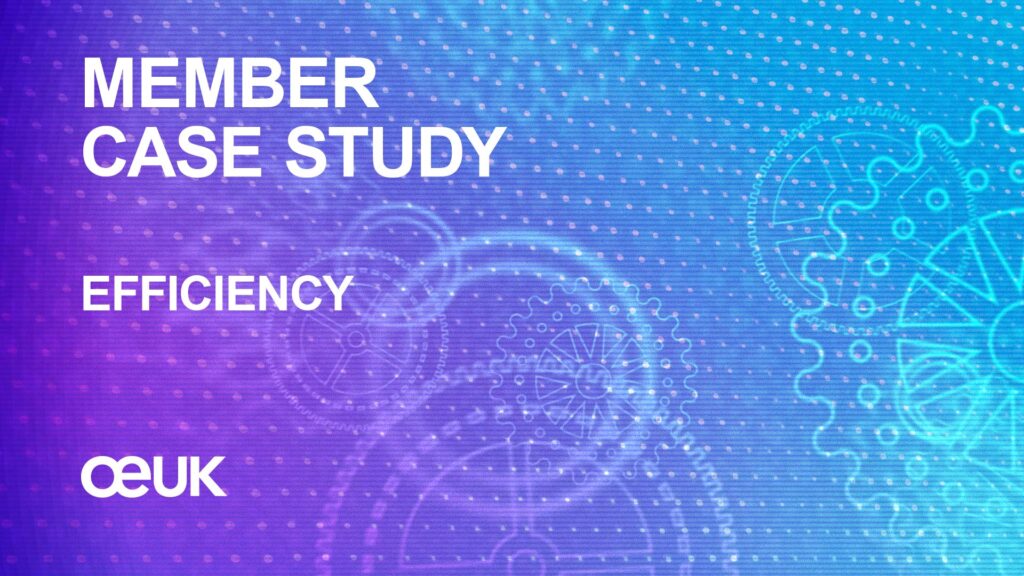Major operator, Chevron Upstream Europe (Chevron), is making optimum use of the platform supply vessels which support its installations in the North Sea by taking a new approach to organising its marine logistics which involves greater input from its employees and more effective integration across different departments.
A spokesperson explains: “Marine logistics, involving the delivery of plant, equipment and materials from suppliers to our offshore installations, are a sizeable proportion of lifting costs which are some of the costs associated with producing oil and gas from wells on the UK Continental Shelf (UKCS)). In 2014 Chevron launched an initiative to look at how the business could manage the costs of marine logistics more effectively.
“As part of Chevron Upstream Europe’s operations department, our marine logistics team is responsible for supporting the installations and key projects we manage on the UKCS, including the Alba, Captain and Erskine fields. Working together with the TEAM Marine Consortium, which we looked at ways to make better use of Platform Support Vessels (PSVs), share resources with neighbouring offshore installations and maximise every inch of each vessel’s deck space capacity.
“Chevron, as a member of the TEAM Consortium for the past 20 years, is well aware of the benefits of pooling resources such as platform support vessels. We therefore took this co-operative working approach a step further to pinpoint opportunities where we could improve marine logistics efficiency.
Along with being integrated into Chevron’s operations department, the marine logistics team has been working with cross functional input from our operations planning, offshore workforce, , drilling & completions and facilities engineering groups plus various service providers to raise awareness of the need for further efficiency across our assets. We looked at areas where we could help reduce offshore standby times and unscheduled sailings as well as prevent cargoes from being ‘round-tripped’ which is when materials remain onboard taking up valuable deck space.
We have been using tools such as Lean Sigma to help our onshore and offshore teams assess potential opportunities for contributing to smarter ways to tackle both day-to -day and long-term strategic planning across the business. This approach is helping us to generate in our teams a sense of empowerment where they are encouraged to think creatively and constantly challenge themselves to find potential opportunities for efficiency improvement.
Together with raising awareness of the efficiency initiative across these teams, we also reviewed existing processes for tracking costs across the business and identified systems which have enabled us to avoid the rise in costs that can arise from sub-optimal planning or reactive work onshore, offshore and through supporting third parties and suppliers.
As a result of launching our efficiency initiative last year, we have been able to streamline work processes. We have also been able to reduce the cost per ton of cargo transported by platform support vessels and increased utilisation of deck space to 75-80 per cent of each vessel’s capacity
Share this article

